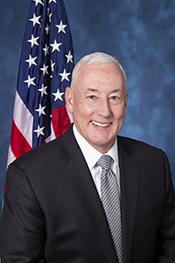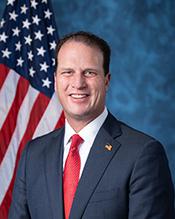0
Keeping America’s Refineries Act
12/15/2023, 3:54 PM
Summary of Bill HR 1155
The bill aims to achieve this by implementing several key measures. Firstly, it seeks to streamline the permitting process for refineries, making it easier for them to expand or upgrade their facilities. This is intended to help refineries remain competitive in the global market and ensure a stable supply of fuel for American consumers.
Additionally, the bill includes provisions to improve safety and environmental standards at refineries. This includes requiring refineries to implement the latest technology and best practices to minimize the risk of accidents and reduce emissions. The bill also aims to provide funding for research and development of cleaner and more efficient refining processes. Overall, the Keeping America’s Refineries Act is designed to support the continued operation and growth of the nation’s refineries, while also promoting safety and environmental responsibility. It is currently being debated in Congress, with supporters arguing that it is necessary to protect an important sector of the economy, while critics raise concerns about potential environmental impacts.
Congressional Summary of HR 1155
Keeping America's Refineries Act
This bill revises the EPA's Risk Management program to exempt a petroleum (e.g., gasoline) refinery that uses a hydrofluoric acid alkylation unit from certain hazard assessment requirements. Petroleum refineries use the acid during the gasoline production process. Hydrofluoric acid is hazardous and corrosive. If it is accidently released, it can form a toxic vapor cloud.
Currently, petroleum refineries are required to include in a hazard assessment an evaluation of safer technology and alternative risk management measures for a hydrofluoric acid alkylation unit. This bill eliminates that requirement if the petroleum refinery (1) has obtained a construction permit or operating permit under the program, or (2) demonstrates that it will conform to the most recent version of American Petroleum Institute Recommended Practice 751. This practice provides guidance on the safe operation of such a unit.





